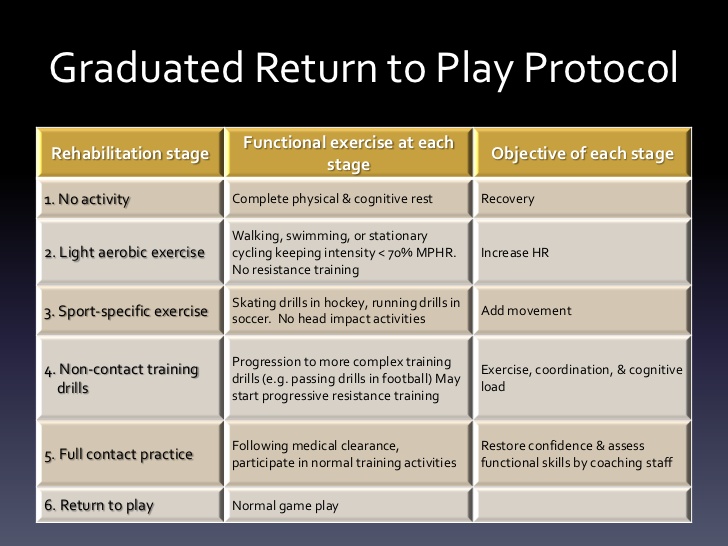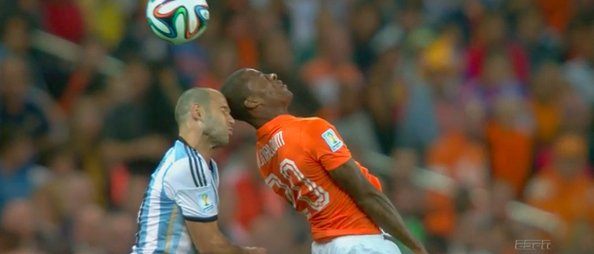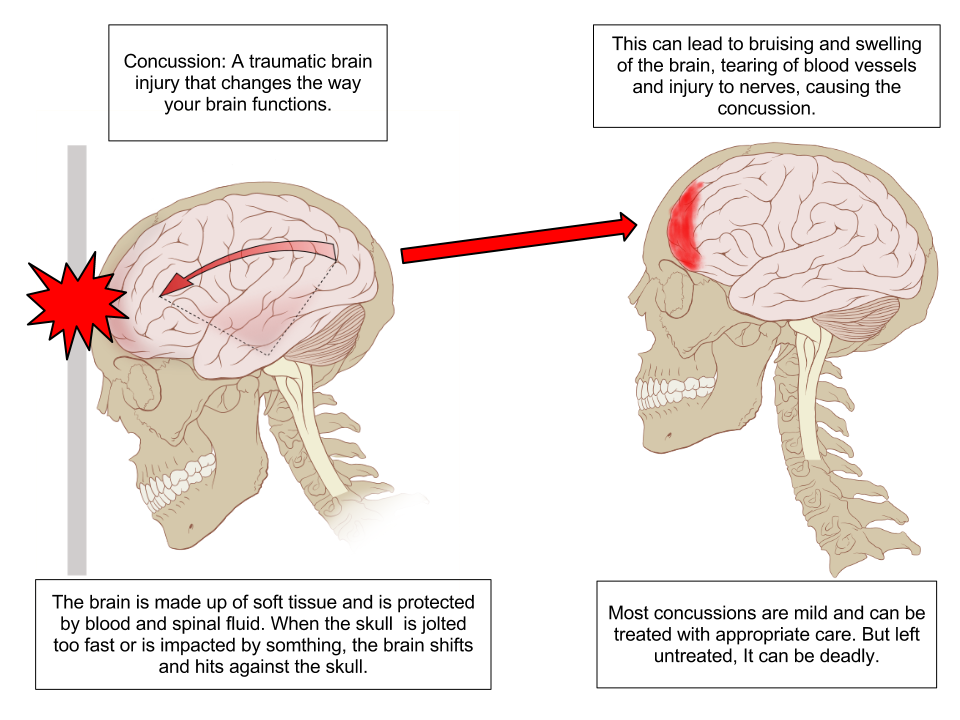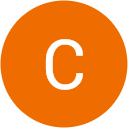There has been growing concern in Australia and internationally about the incidence of sport-related concussion and potential health ramifications for athletes.
The issue of concussion is one that affects a wide variety of sports across all levels, from amateur games right up to elite athletes. Quite rightly it is a topic that has received greater attention in recent times as coaches, athletes and medical staff work to ensure that athletes get back into action as quickly as possible without compromising their health.
WHAT IS CONCUSSION?
A concussion is a type of traumatic brain injury, caused by a bump, blow, or jolt to the head that can change the way your brain normally works. The brain moves inside the skull, and if the force is great enough the brain can move so that it strikes the skull causing potential bruising and cell damage.
Although concussions are usually caused by a blow to the head, they can also occur when the head and upper body are violently shaken. These injuries can cause a loss of consciousness, but most concussions do not. Because of this, some people have concussions and don’t realize it.
Concussions are common, particularly if you play a contact sport, such as football. But every concussion injures your brain to some extent. This injury needs time and rest to heal properly. Most concussive traumatic brain injuries are mild, and people usually recover fully.
WHAT ARE THE SIGNS OF CONCUSSION?
Recognising concussion is critical for correct management and prevention of further injury. This may sometimes be difficult as the signs and symptoms of a concussion can be subtle and may not be immediately apparent. Symptoms can last for days, weeks or even longer.
Common signs and symptoms of a concussion may include:
- Headache or a feeling of pressure in the head
- Temporary loss of consciousness
- Confusion or feeling as if in a fog
- Amnesia surrounding the traumatic event
- Dizziness or “seeing stars”
- Ringing in the ears
- Nausea
- Vomiting
- Slurred speech
- Delayed response to questions
- Appearing dazed
- Fatigue
Some symptoms of concussions may be immediate or delayed in onset by hours or days after injury, such as:
- Concentration and memory complaints
- Irritability and other personality changes
- Sensitivity to light and noise
- Sleep disturbances
- Psychological adjustment problems and depression
- Disorders of taste and smell
WHAT TO DO IF YOU SUSPECT CONCUSSION?
- Remove the athlete from play
- Seek medical attention
- In case of youth athlete –inform and educate parents
- Keep athlete out of play
Any athlete with a suspected concussion should be immediately removed from play, and should not be returned to activity until they are assessed by a qualified Medical Practitioner.
Players with a suspected concussion should not be left alone and should not drive a motor vehicle. They should be advised to avoid alcohol and check medications with their doctor. Specifically, they should avoid aspirin, anti-inflammatories, sleeping tablets and sedating pain medications.
Only qualified Medical Practitioners should diagnose whether a concussion has occurred, or provide advice as to whether the player can return to play.
There should be no return to play on the day of a concussive injury.
IF IN DOUBT KEEP THEM OUT
RETURN TO PLAY/TRAINING
Athlete and players often want to return to full training and match/competition as soon as possible after suffering a concussion. The athlete and his parents/coaches need to be well informed about concussion and follow concussion guidelines and protocols.
Following clearance from a Medical Practitioner for the player to return to play, the player should progress through a Graduated Return To Play protocol (GRTP). In all cases, the GRTP provides for a minimum of 6 days before the player can play a competitive game.

Before a player can commence the exercise elements of the GRTP i.e. Stage 2, they must be symptom free for a period of 24 hours (This is Level 1).
The player can then progress through each stage as long as no symptoms or signs of concussion return. Where the player completes each stage successfully without any symptoms the player would normally proceed through each stage on successive days.
Once given clearance, the Physiotherapists at Jubilee Sports Physiotherapy can guide you through the GRTP protocol, ensuring safe and effective return to play.
Those aged 18 and under may be more susceptible to concussion and take longer to recover, requiring a more conservative approach to concussion. It is the joint position of both the AIS and Australian Medical Association (AMA) that following concussion, children should be symptom free for 14 days before resuming full contact activities.
After returning to play all involved with the player, especially coaches and parents must remain vigilant for the return of symptoms even if the GRTP has been successfully completed.
Follow the link for the latest version of the FFA Concussion Guidelines.
PREVENTION IS BETTER THAN CURE
As with many things in life, prevention is better than cure, so for those involved in sport there are a few tips to minimize the risk of concussion:
- Wear appropriate equipment
- Learn proper techniques for particular sport
- Good coaching will minimize aggression
- Ensure facilities are up to standard
If you have any questions regarding the management of concussion injuries contact one of our Physiotherapists.























